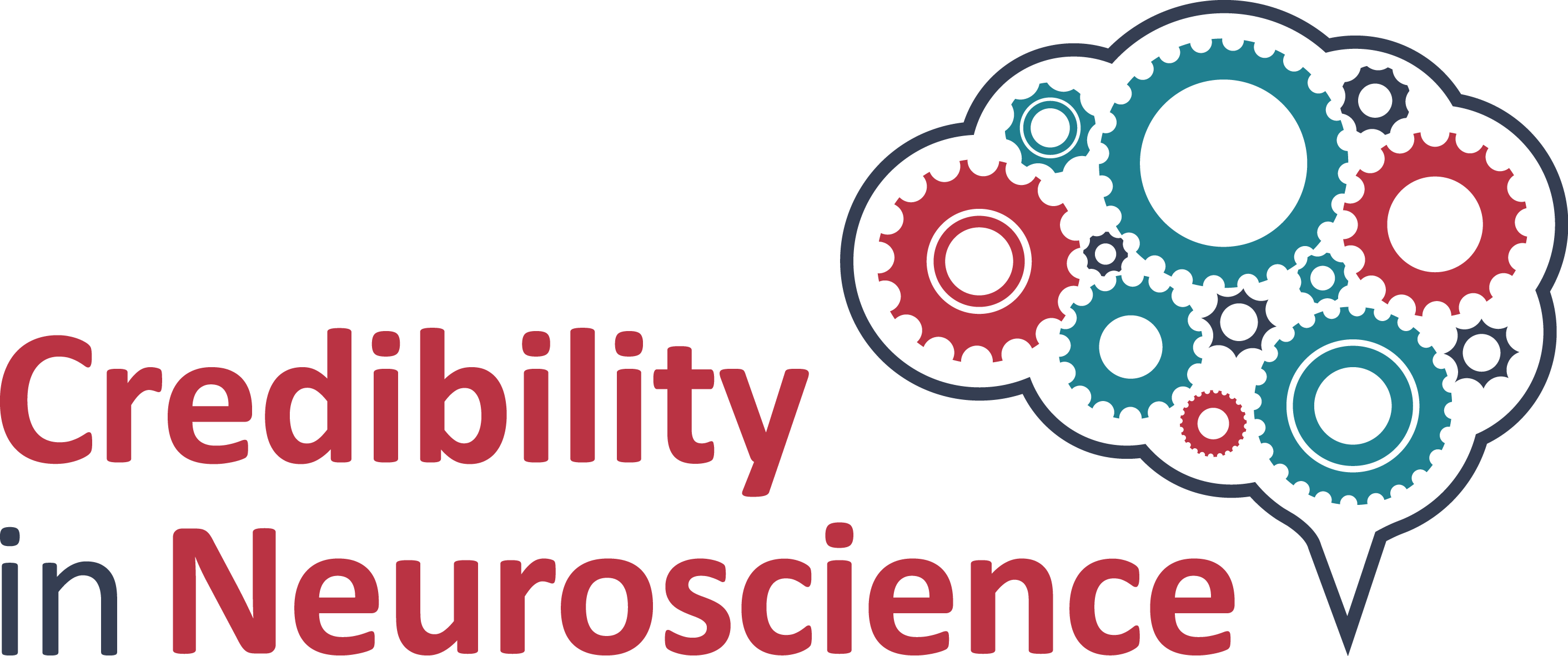Place your votes: BNA Council & Committee elections
22nd July 2024
25th Nov 2019

The British Neuroscience Association (BNA) officially launched its ‘Credibility in Neuroscience’ Manifesto on Monday 25th November, at an evening reception at the House of Commons (see photos from the event here).
The manifesto has been published in response to current threats and challenges to credible research across biosciences. Currently, there is a huge pressure to publish as many papers as possible, with an emphasis on dramatic, novel findings. This in turn has led to increasing levels of non-reproducible research [1], which can skew scientific understanding, contribute to hyped expectations, and jeopardise the translation of research to real-world applications.
|
Be InCredible by... sharing your knowledge. Talk to an academic friend or colleague about the issues they are facing, share your knowledge with them, and take the chance to discuss how credibility is important to translate neuroscience research into real-world applications. Be InCredible by... checking out our how-to of credible research Take a look at how to publish null results, preregister research or submit a Registered report where appropriate, and use CRediT wherever possible. Be InCredible by... promoting awareness within the science community Ensure transparency and credibility in all you publish, scrutinising results and playing your part in supporting reproducibility. If you lead a lab them make sure your team are aware of new approaches in publishing. Be InCredible by... sharing and profiling the importance of credible research Support and highlight negative results, including caveats or limitations when writing science or health news, and reporting what a study doesn't show as well as what it might. Be InCredible by... joining the BNA. Join the voices of neuroscience for the greater good of the sector. People power: your neuroscience needs you! Be the change you want to see. |
At the BNA, we recognise our responsibility to directly address these issues within neuroscience, and as a result we have developed a vision for change. Change that will ensure that neuroscience research is as robust, reliable, replicable and reproducible as possible; in short, to ensure the credibility of neuroscience.
To achieve this, our manifesto outlines three commitments:
Speaking about the manifesto, BNA President, Professor Annette Dolphin said:
“To ensure a sustainable future for 21st century neuroscience research, we must ensure the credibility of research – that it is reproducible, replicable, and reliable. That means rewarding the best science – science which lays equal value on both positive and null outcomes, that recognises the importance of reproducibility or replication, and can sometimes be slow to progress.
“But be reassured, this isn’t a campaign of saying and sermonising – this is one of doing. From sharing best practice and creating a space for vigorous discussion and debate, to equipping researchers with the right tools and incentives to try something new. We are committed to supporting everyone to make changes and embrace new practices, in order to advance and secure the future of neuroscience.”
Chief Executive, Anne Cooke also commented:
“As neuroscientists, we have a duty to strive for the best science: science that is reliable, sustainable and will make a difference to our future. Working together is key to this, engaging with everyone within the community, from journal publishers and societies, to universities, funders and the general public.
“As an organisation, we're committed to working together as one neuroscience community, ensuring everyone is equipped and supported to make changes that will help achieve our vision.”
Supported by The Gatsby Foundation, tonight’s event presents an exciting opportunity to raise the profile and awareness of ‘Credibility in Neuroscience’, with addresses from Professor Dorothy Bishop, Professor Lord Robert Winston, and BNA Chief Executive, Dr Anne Cooke.
[1] R Soc Open Sci., 2018. Modelling science trustworthiness under publish or perish pressure; Nat Hum Behav., 2017. A manifesto for reproducible science
The BNA's campaign, ‘Credibility in Neuroscience’, is one of our most important programmes to date, to drive open, transparent and reproducible research.
The programme champions the principles of open science, replicability, reliability and reproducibility in research, and challenges some aspects of today's research environment - such as 'publish or perish' - which can have a counter-productive and damaging effect.
Find out more at: www.bnacredibility.org.uk or click here to read the full manifesto
When it comes to credibility in neuroscience, we are your voice. Join our neuroscience community here.